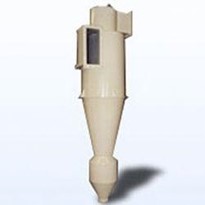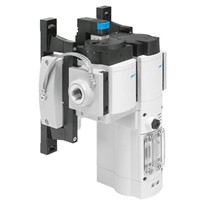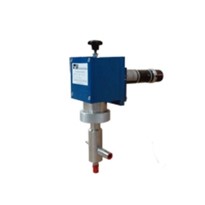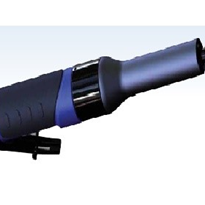Electric motors and their systems consume almost half of the world's electricity. In this blog post, we will explore the average efficiency of electric motors, their benefits, and the factors that affect their energy efficiency.
What is the average efficiency of an electric motor?
A study where 48 unique motors was conducted to determine the efficiency of electric motors, revealing an average maximum efficiency of 77.64%. The study underscores that larger motors have higher maximum efficiencies.
While an electric motor's efficiency can vary depending on a range of factors--such as design, size, and operating conditions, modern electric motors typically have 80-95% efficiency levels.
The average efficiency of electric motors is measured based on how effectively the motor converts electrical energy into mechanical energy. The higher the efficiency rating, the less energy loss and overall consumption. It's also important to know that the efficiency of electric motor can be impacted by different factors--including motor type, size, speed, and specific application. Different motor designs may lead to varying efficiency characteristics.
The benefits of an efficient electric motor
A more efficient motor doesn't just come in handy; it can also provide a lot of benefits. Aside from saving energy, it can also reduce operational costs and improve system performance--contributing to lower carbon emissions. To make sure you choose an electric motor that meets the desired efficiency level, make sure to check the manufacturer's motor specifications or consult us to assist you with any motor setups.
Upgrading to a high-efficiency motor can save energy cost
Because old motors can be inefficient, they can cost you more on your electricity bills than necessary. Aside from enhancing your equipment's reliability--upgrading to a high-efficiency motor can reduce costly downtime, repairs and save energy consumption. Upgrading to a high-efficiency motor may cost more upfront, but it pays off in the long run.
Key takeaways
In brief, bigger motors are usually more efficient, while motors of the same size may have varying levels of efficiency. There are also big factors that impact the efficiency of electric motors, including usage and propeller. To maximise your electric motor efficiency, it's recommended to test your motors before purchasing, as this can affect their long-term performance. For optimal performance, choosing a high-efficiency motor is the key.



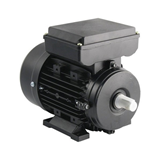

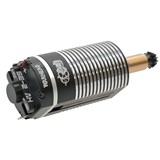
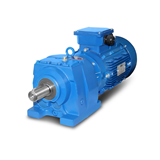

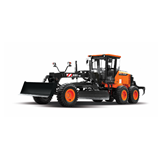
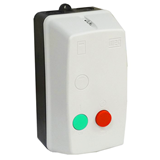
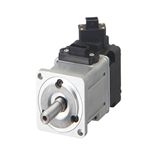
-160x160-state_article-rel-cat.png)
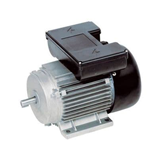
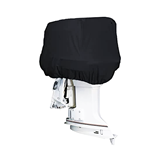

-205x205.jpg)




